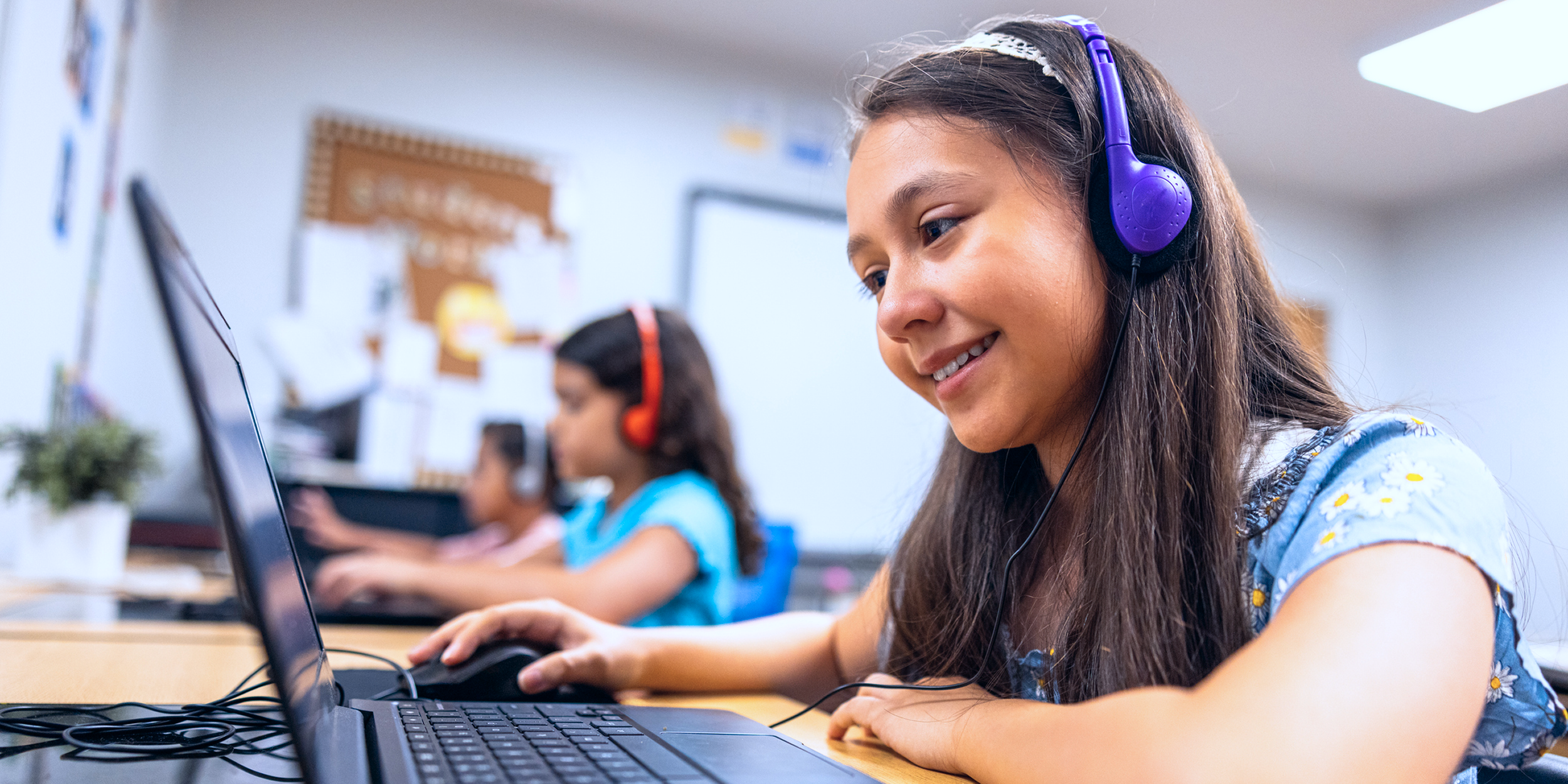Engaging Students through Performance Assessment
Performance assessment allows students to play an active role in the assessment process, which experts have found increases their engagement and, in turn, enhances their learning.

Do you remember the feeling of dread right before taking a test in school? I certainly can. Although this is a common experience among students, feelings of anxiety or ambivalence toward assessment do not have to be the norm. One alternative to traditional assessment is performance assessment—a method of assessment where students demonstrate their knowledge by constructing an answer, producing a product, or performing an activity.
Performance assessment allows students to play an active role in the assessment process, which experts have found increases their engagement and, in turn, enhances their learning.1 Assessments can be designed so that students choose their topic or select the best way to demonstrate their understanding. Many students find performance assessment appealing because it allows them to take ownership of their learning.
Not only can students engage in the actual assessment, they can collaborate with teachers to:
- Co-establish success criteria
- Co-develop rubrics
- Choose the topic
- Choose a way to demonstrate their learning
- Provide feedback to peers
- Reflect on their experience
- Self-assess and/or peer-assess
When students collaborate on developing a performance assessment, they deepen their knowledge of the standards and performance outcomes being taught and assessed.
Performance assessments—such as essays, projects, demonstrations, and portfolios—are all adaptable for use with distance learning. For example, an in-person science project that requires students to investigate characteristics of the ocean environment by creating a 3-D diorama can be completed remotely with some adaptations. Students could use materials in their homes or from nature to make a diorama or use technology to draw a model.
If you’re interested in learning more about performance assessments, explore this free, self-paced online course from REL Northeast & Islands at EDC. Comprising five 30-minute modules, the course teaches practitioners, instructional leaders, and administrators the foundational concepts of assessment literacy and how to develop, score, and use performance assessments. The course also provides several tools to help users develop performance assessments appropriate to their needs.
We hope this course will help you get your students excited about assessment activities—both for distance and in-person learning. Good luck!
1 Wang, M. T., & Eccles, J. S. (2012). Adolescent behavioral, emotional, and cognitive engagement trajectories in school and their differential relations to educational success. Journal of Research on Adolescence, 22(1), 31–39.







